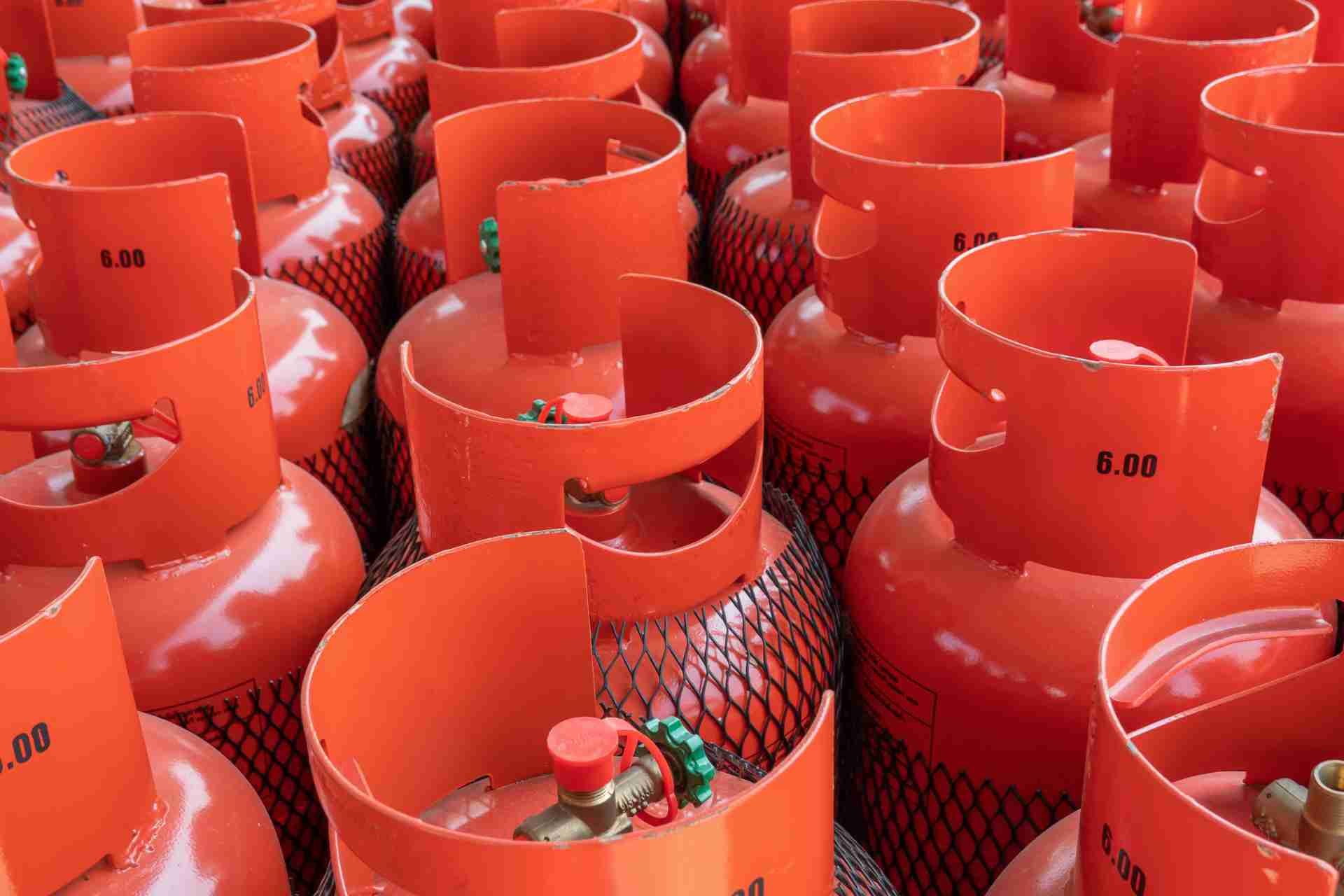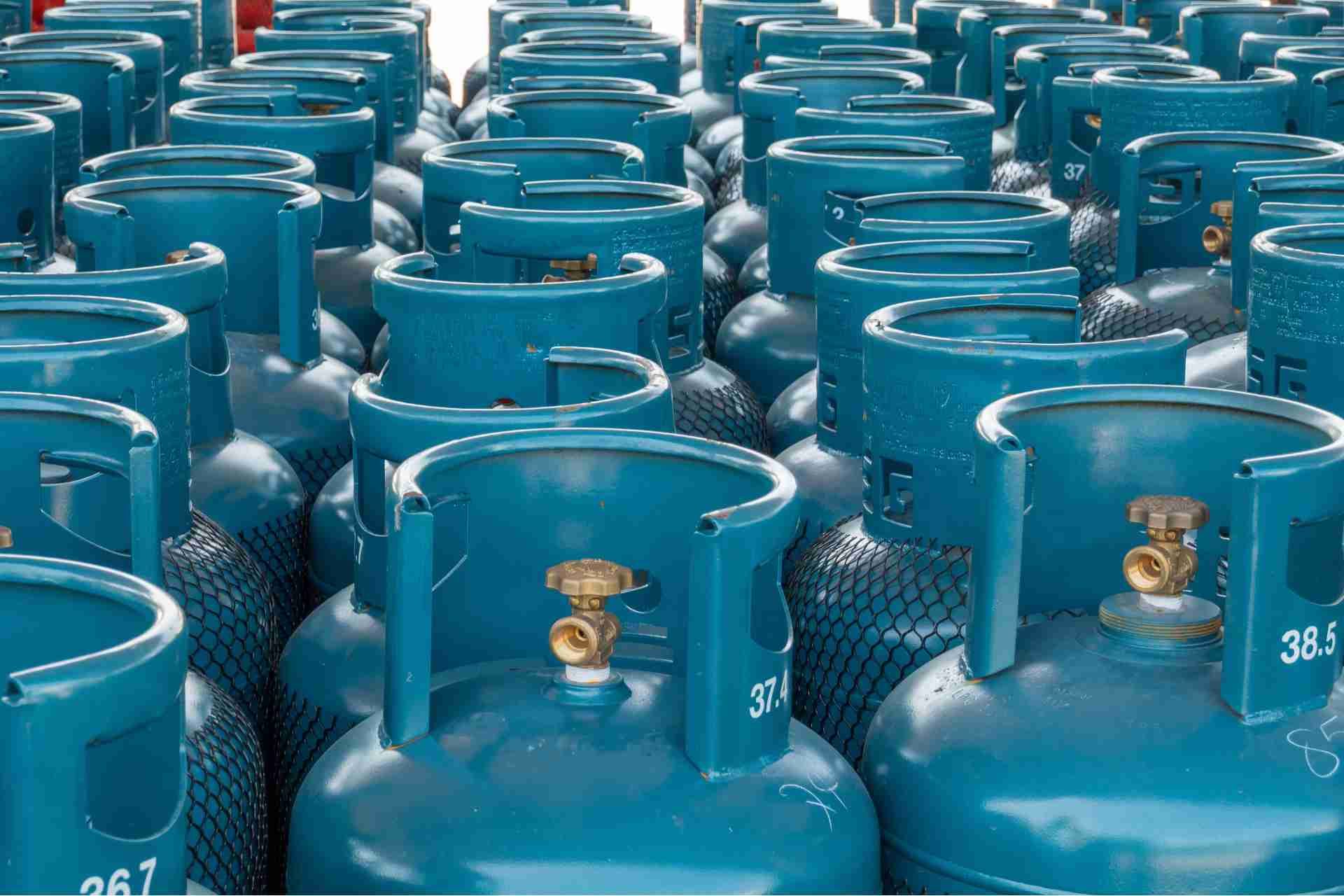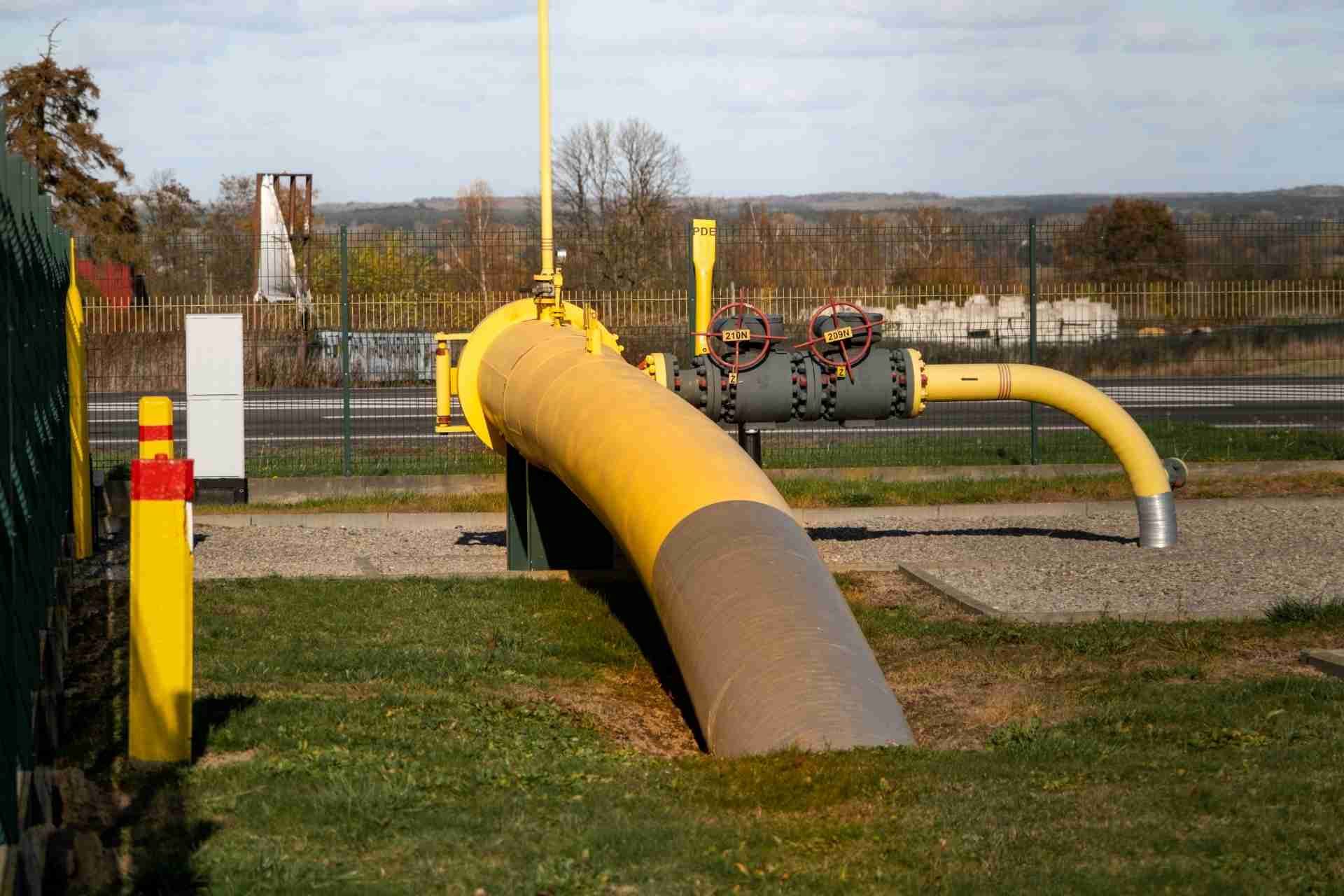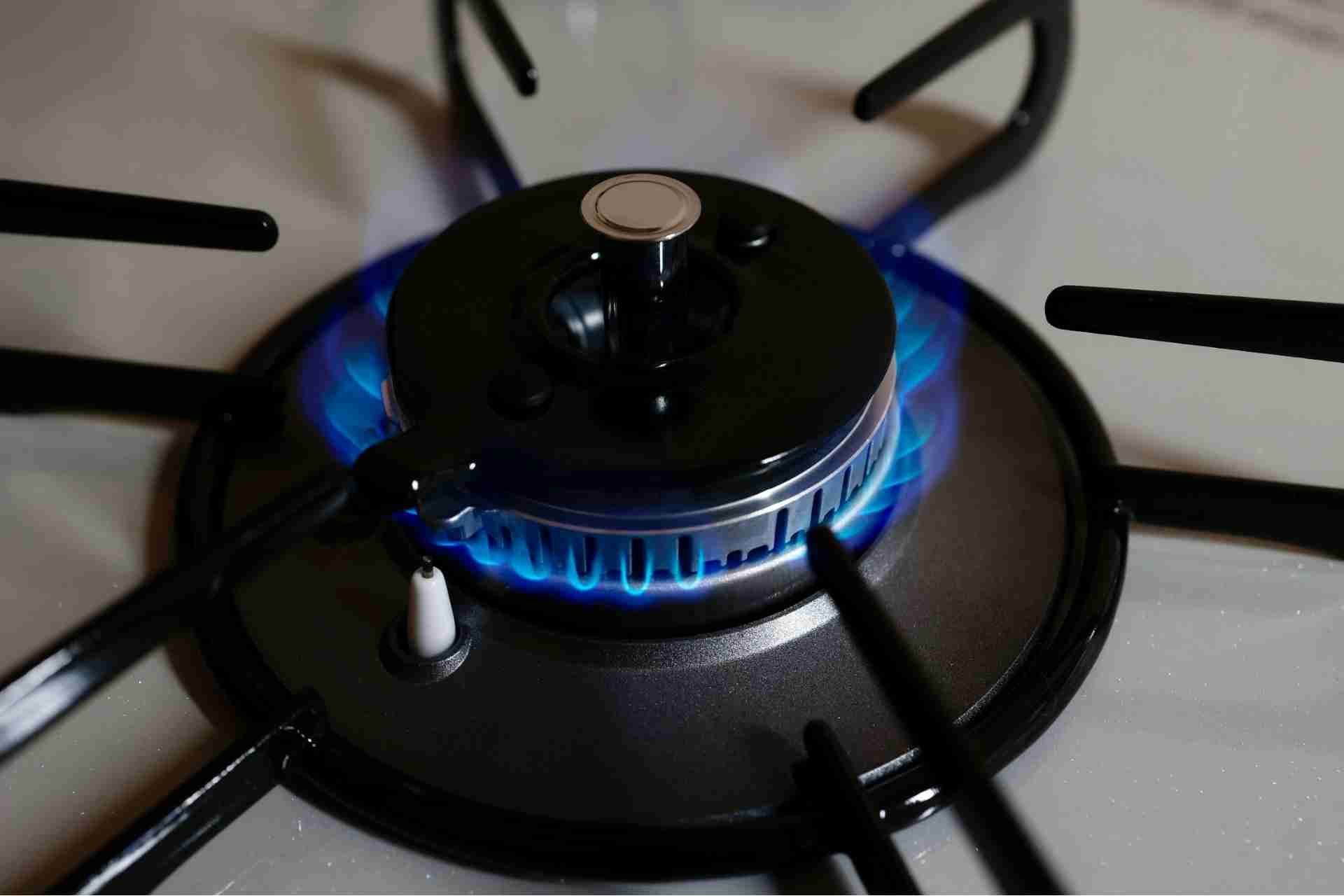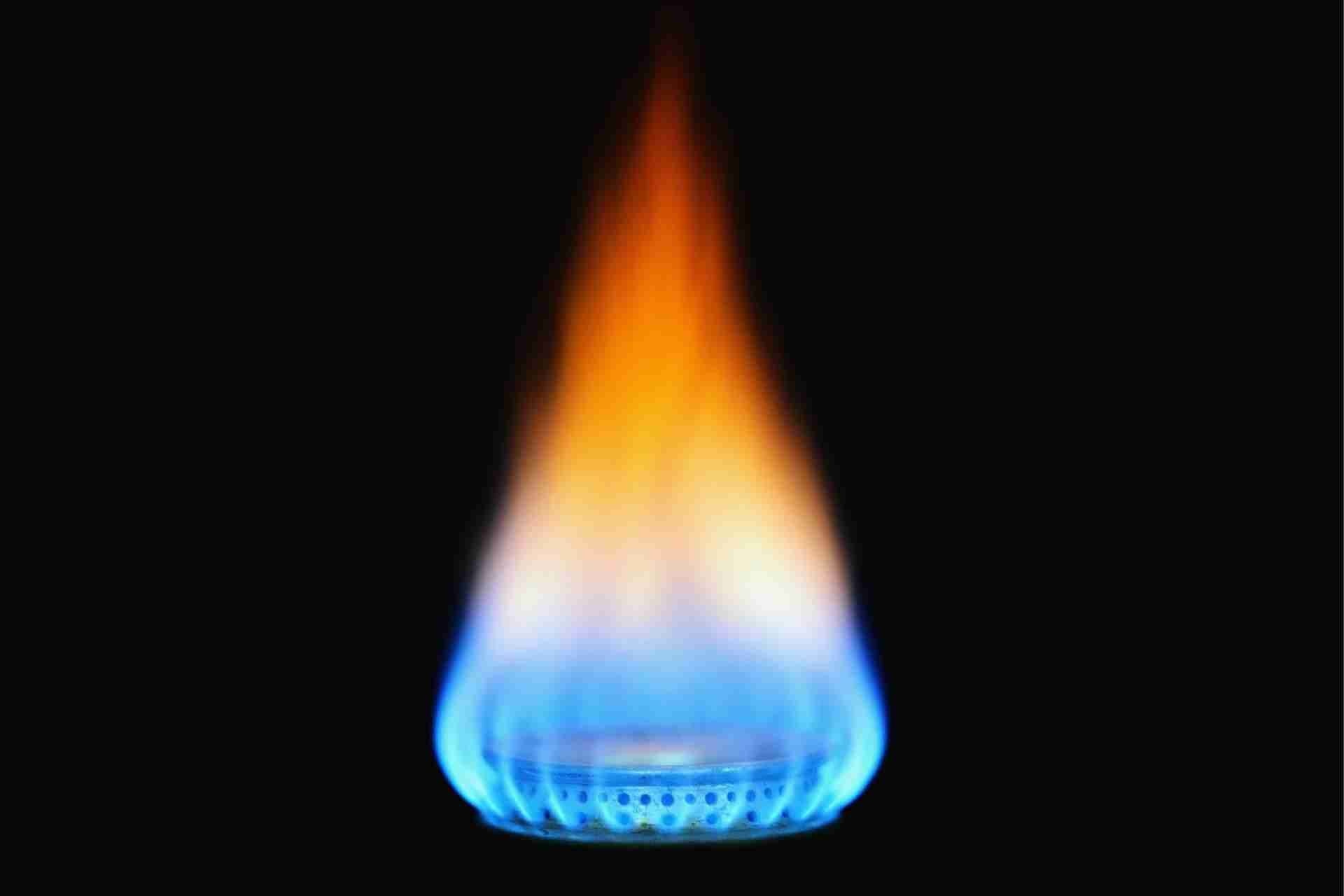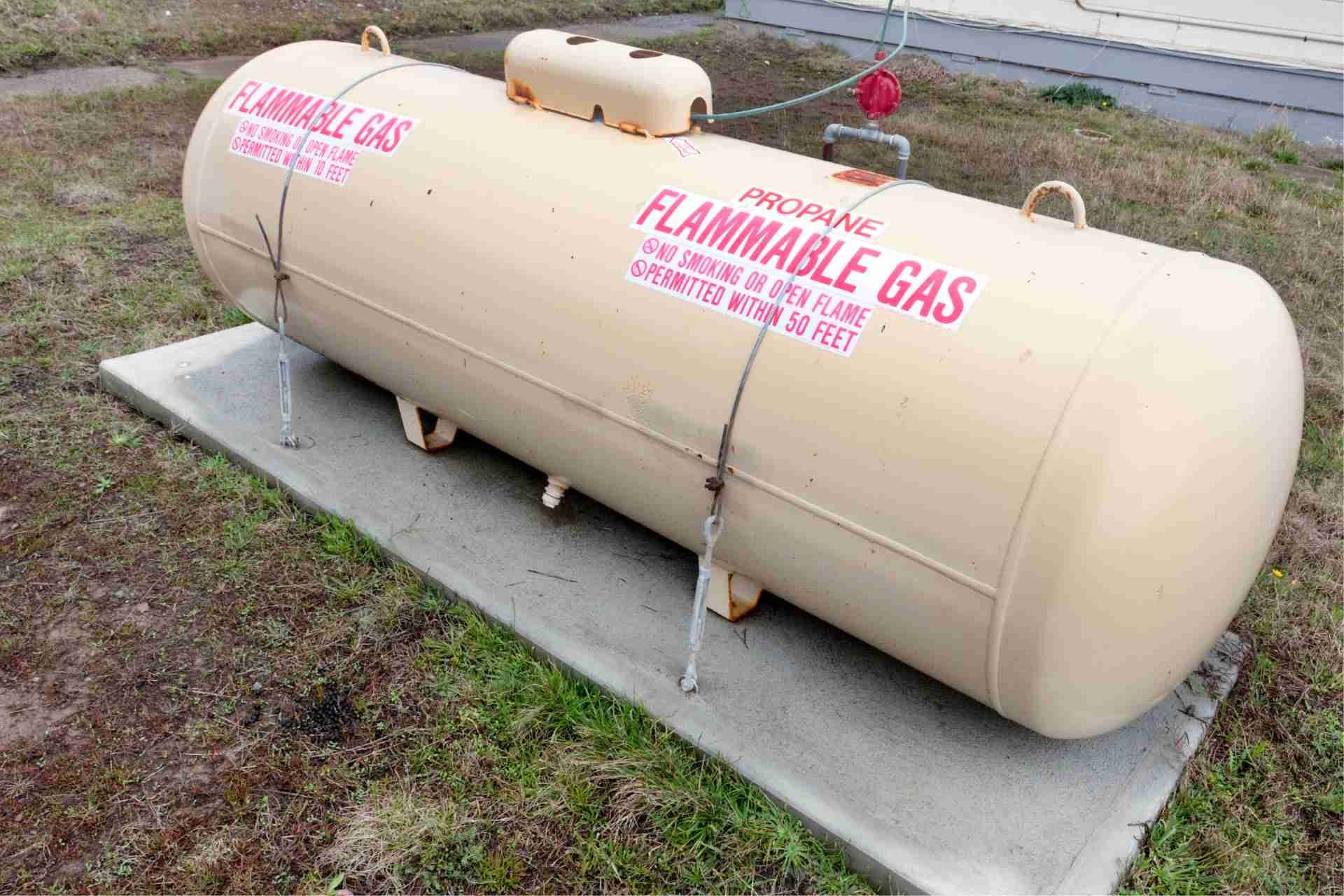Is Your Farm Propane-Ready?
Is your farm propane-ready? Transitioning to propane can offer significant benefits, but you need to assess your current energy needs first. Understanding how propane integrates with your existing systems is crucial. You'll also want to consider the infrastructure and safety protocols involved. As you think about these factors, you'll uncover opportunities for improved efficiency and sustainability. So, what steps do you need to take to ensure a seamless transition?
Understanding the Benefits of Propane for Farming
When you consider the energy needs of your farm, propane stands out as a versatile and efficient option.
It’s not just about heating; propane powers various equipment, from irrigation systems to generators. Its clean-burning nature means you’ll reduce greenhouse gas emissions, helping you maintain a sustainable operation.
Plus, propane has a high energy density, providing more power with less fuel, which can lead to significant cost savings. You’ll also enjoy the convenience of on-site storage, ensuring you’ve got fuel when you need it.
Propane’s reliability during peak seasons can keep your farm running smoothly, minimizing downtime.
Assessing Your Current Energy Needs
To make the most of propane’s benefits, it’s important to assess your current energy needs thoroughly.
Start by evaluating your farm’s existing energy sources and how much energy you consume daily. Take note of specific equipment, heating systems, and appliances that require energy.
Consider seasonal variations in energy demand, especially during peak times like planting or harvest.
Next, analyze your current costs and efficiency levels. Are there any areas where you’re overspending or underperforming?
Lastly, project your future energy needs based on planned expansions or changes in operations.
This assessment will help you determine not only if propane is the right choice but also how much you might need to invest in infrastructure to support its use effectively.
Essential Infrastructure for Propane Use
Having the right infrastructure is crucial for effectively integrating propane into your farm operations. Start by ensuring you have a reliable storage tank that meets local regulations and is sized appropriately for your needs.
You'll also need a distribution system, including pipes and fittings, designed to handle propane safely and efficiently. Consider installing specialized equipment, like propane-powered heaters or generators, to maximize the benefits of this energy source.
Additionally, regular maintenance of your propane systems is essential to prevent leaks and ensure optimal performance.
Finally, invest in training for yourself and your staff to familiarize everyone with propane handling and usage. This foundational setup will help you harness propane's advantages while ensuring smooth operations on your farm.
Safety Considerations and Regulations
While integrating propane into your farm operations offers numerous benefits, it's essential to prioritize safety and adhere to regulations. Start by familiarizing yourself with local and federal safety standards.
Always maintain proper ventilation in areas where propane is used or stored, as leaks can lead to dangerous situations. Inspect your equipment regularly for wear and tear, and make sure you have the right training for handling propane.
Install carbon monoxide detectors and keep fire extinguishers accessible. Additionally, ensure that all tanks are properly labeled and secured to prevent accidental damage.
Transitioning to Propane: Steps to Take
Making the switch to propane can enhance your farm's efficiency and reduce operational costs. Start by evaluating your current energy needs.
Identify which equipment and processes can transition to propane, like heating, irrigation, or engines. Next, consult with a propane supplier to discuss tank sizes, installation, and safety protocols. They can help you with necessary permits and regulations.
Once you have a plan, begin the installation of propane tanks and infrastructure.
Don’t forget to train your team on propane safety and usage. Finally, phase in your new propane systems gradually, monitoring performance and making adjustments as needed. This approach ensures a smooth transition and maximizes the benefits of propane for your farm.
Case Studies: Successful Propane Adoption in Agriculture
As you explore the benefits of propane for your farm, it’s inspiring to see how other agricultural operations have successfully adopted this energy source.
For instance, a dairy farm in Wisconsin switched to propane for heating and pasteurizing milk, cutting energy costs by 30%. This not only improved their bottom line but also reduced their carbon footprint.
Similarly, a vegetable farm in California transitioned to propane-driven irrigation systems, enhancing efficiency during peak growing seasons.
By utilizing propane, they’ve managed to save both time and energy, allowing them to focus on production.
These case studies highlight that adopting propane can lead to significant financial and operational benefits, making it a smart choice for modern agriculture.
Conclusion
In conclusion, making your farm propane-ready can significantly enhance your energy efficiency and reduce emissions. By assessing your current energy needs and ensuring you have the right infrastructure in place, you’re setting the stage for a successful transition. Don't forget to prioritize safety and staff training to handle propane responsibly. Embrace the benefits of propane, and watch your farm thrive with this adaptable energy source!
